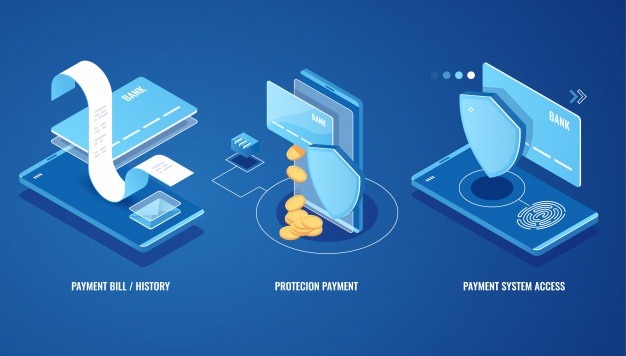Do You Need a Payment Aggregator?
Merchant accounts allow your company to accept credit/debit card payments and hold the funds until they are cleared into your company's bank account. What if you could eliminate the intermediary? A payment aggregator does exactly that, acting as a middleman between businesses, credit/debit card companies, and banks. So, what exactly is a payment aggregator, and is it right for your company? This is how it works.

What is a payment aggregator?
To begin accepting credit/debit card payments through any online payment gateway, you must first obtain a merchant identification number (MID) from a bank. A payment aggregator enters the picture, signing up merchants with its own MID and processing card transactions through a single master account. Sub-merchants are companies that sign up to use the aggregation service. This allows you to begin processing online payments right away, without the need to open your own merchant account. It's often a cheaper and easier way to process payments for small businesses and start-ups.
A third-party payment aggregator facilitates not only credit and debit card payments, but also bank transfers and other payment methods. PayPal is an example of a popular aggregation service that handles the complexities of financial transactions on behalf of its customers.
Payment gateway vs payment aggregator
Because both are actively involved in payment processing with the help of the best payment gateway, what is the distinction between a payment gateway and a payment aggregator? A payment gateway is a piece of software that allows online transactions to take place on your website. It enables card, digital wallet, and bank transfer payments to be made online.
A third-party payment aggregator, on the other hand, is a separate service provider that allows eCommerce vendors to process payments. They register you as a sub-merchant to use their merchant account.
Benefits of payment aggregation
While payment aggregation isn't for everyone, there are some significant benefits to consider. To begin, payment aggregator services are simple to set up for real-time payment processing. Credit checks, PCI compliance checks, a personal guarantee, and other stages may be required when opening a merchant account. All of this adds up to a time-consuming application process. Using a payment aggregator reduces red tape, allowing you to focus on selling.
Payment processing is also sped up when using an aggregator service. For small businesses that rely on consistent cash flow, knowing that your payments will be processed and settled into your account within a few days is preferable.
While some payment processors have complicated fee structures, payment aggregators are usually straightforward and do not bind you to a fixed contract. This allows for the option of switching to a different payment solution if desired.
Risks of payment aggregation
However, there are a few drawbacks to using a third-party payment aggregator. This type of scheme is best suited to small businesses with low transaction volumes. When you begin processing larger volumes of sales, your per-transaction rate may outweigh any advantages. At this point, it may be more cost-effective to open your own merchant account.
In terms of risk, your funds could be placed on hold while the payment aggregator conducts fraud-related checks. This is due to the fact that the aggregator bears the risk for card payments and must ensure that all transactions are fully compliant with fraud regulations. When selecting the best payment aggregator, it is critical to carefully read the fine print. While most will release your money within 1-3 business days, some will keep it for much longer.
How to choose the best payment aggregator
If you've determined that the benefits outweigh the risks, there are a few features to consider when searching for the best payment aggregator. Fees should be at the top of the list. Some will not charge you any fees for opening an account and will only charge your company for each transaction. Others will levy a different fee for various types of transactions.
You should also consider how user-friendly the platform is, whether it supports API integration and whether you will have access to data analytics based on your transactions. This ensures that you get the most bangs for your buck.
Post Your Ad Here
Comments